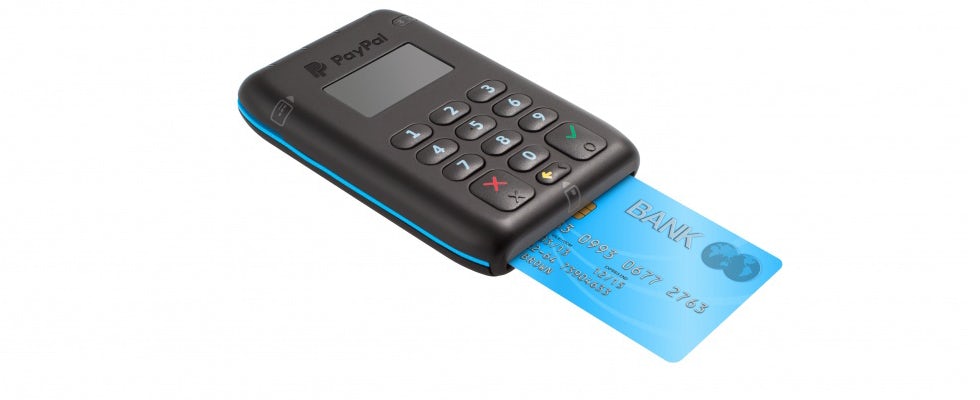Why the time is right for the PayPal brand to stand alone
As online retailer eBay and payments company PayPal finally split their operations into two individual companies, the latter appears to be building a strategy to cope with the rise of rival mobile pay solutions such as Apple Pay.

Having traded together since eBay bought PayPal in 2002, the move appears bold considering the latter’s ongoing successes.
The volume of payments handled by PayPal rose 20% to $66bn, with 1.1 billion transactions processed, for the three months to 30 June. Its total revenue, meanwhile, increased by 16% to $2.3bn.
In comparison, eBay has felt pressure from the rise of rivals such as Amazon Marketplace and Etsy.
However shareholders feel the time is right to establish PayPal, which is growing sales faster than eBay, as their prominent consumer brand, according to Ben Wright, chief of research at CCS Insight.
“I think the split means PayPal is in a much better position to compete – it also means it’s now open to mergers and acquisitions as I’m sure someone like Facebook or Google would be very attracted by such a trusted payments brand,” he explains.
“But it needs to move fast as its format for contactless is still questionable at best and the likes of Apple Pay have a lot of momentum.”
A trusted brand
In a 2014 poll of 15,000 consumers across 15 markets, 9% said they trusted PayPal the most according to data from Ovum.
Crucially this put it ahead of online retailers such as Amazon (2%), internet companies such as Google (2%), social networks such as Facebook (1%) and device vendors such as Apple (1%). It only trails credit card companies (13%) and banks (43%).
Eden Zoller, principal analyst for consumer services at Ovum, says strong levels of trust among venders and consumers still gives PayPal an advantage as it goes it alone.
She explained: “PayPal is an incredibly well trusted brand and has long established relationships with merchants that Apple could only dream of.
“It has also made some really intelligent acquisitions such as Paydiant, which will offer white label loyalty and more control for brands – so I think it’s clear PayPal is ready to be competitive.”

The PayPal brand also continues to grow its awareness levels.
Focusing marketing on security
Over the last six months, its Index score, which include consumer perceptions of quality, reputation, value and impression, has risen 6.9 points to 28.3%, according to the YouGov BrandIndex rankings. This statistically significant rise puts it second only to Visa on its list of the UK’s 40 biggest card and loan brands.
CCS analyst Wright says PayPal’s marketing must start to reflect its superior security features.
He adds: “Security fraud is high right now but not on PayPal so they need to communicate this fact much more effectively to partners and consumers alike.
“The brand needs to offer consumers more loyLTY incentives and perhaps become more of a lifestyle brand – above all, talking up its security would be most sensible as it’s failed to really sell those features in its ads in the past.”
However Rob Harper, director of mobile commerce at PayPal, told Marketing Week that security will be just one facet of the brand’s growth strategy.
He concludes: “What we mustn’t do with contactless is just replicate a simple card based experience that doesn’t add value.
“I think digital and mobile wallets have an opportunity to bring together all components of transactions – whether that’s rewards, loyalty points or ominchannel interactions. One constant is people will always need a way to pay and we’re confident we will remain an important part of that.”
Moving faster on mobile
Although PayPal’s Braintree business already powers the contactless payment technology for the likes of Uber, it’s still relatively early days for its app solution.
It will soon roll out contactless pay solutions across Shell petrol garages,
after a successful trial that enabled car owners to pay for petrol on their phones from the forecourt. But PayPal’s app still only works with a handful of brands (Pizza Express are also on board).
Despite the competition posed from Apple Pay and the incoming Android Pay, PayPal’s Harper is confident in the brand’s future and says its online services remain “hugely popular.”
He told Marketing Week: “I think there is still consumer concern around contactless and whether they are putting their device in a risky area.
“We are seeing history repeat itself as 10 years ago PayPal gave people the confidence to start shopping online and now we are going to give them the confidence to use contactless pay securely.”






